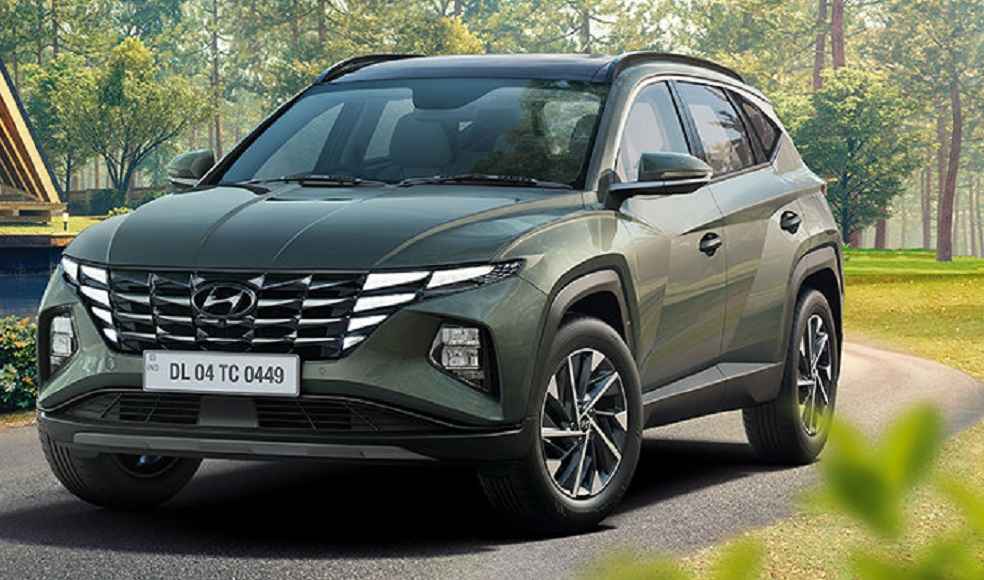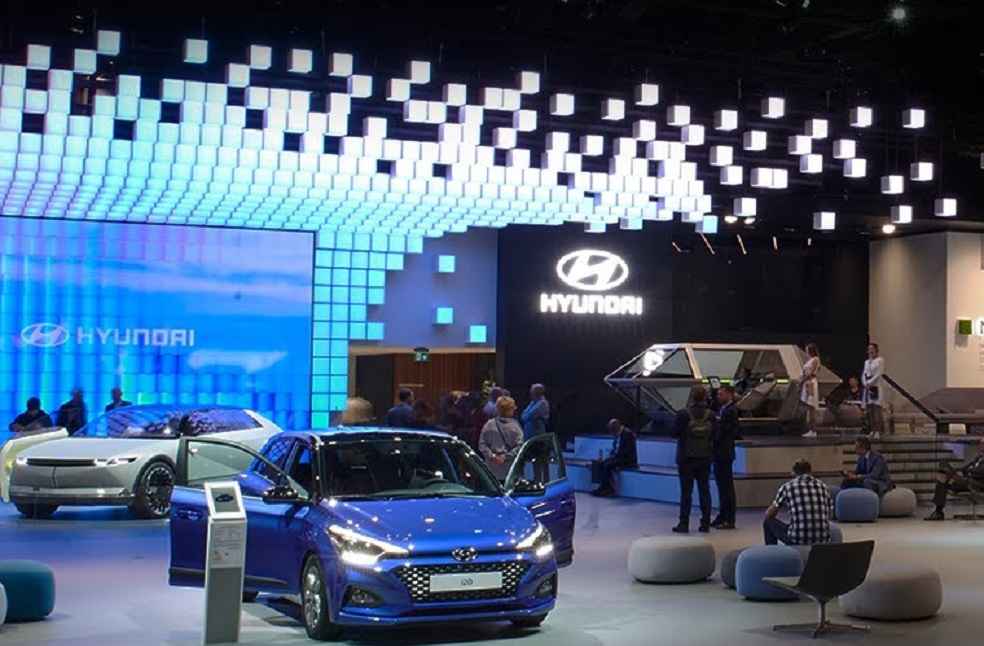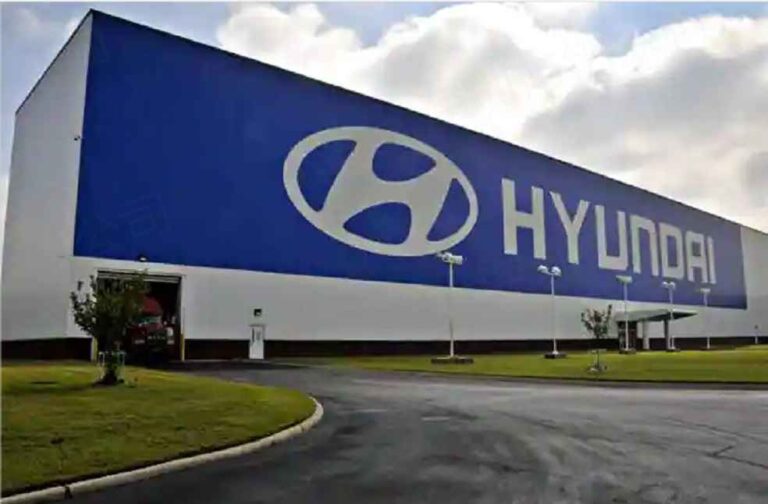Hyundai Motor India (HMIL) has announced a price increase of up to ₹25,000 on its entire model range, effective from January 1, 2025. This decision is attributed to rising input costs, unfavourable currency exchange rates, and higher logistics expenses.
The price hike will apply to all vehicles in Hyundai’s MY25 lineup. Explaining the rationale behind the move, Tarun Garg, Whole-Time Director and Chief Operating Officer of HMIL, stated, “At Hyundai Motor India, our endeavour is always to absorb rising costs to the extent possible, ensuring minimal impact on our customers. However, with the sustained increase in input costs, it has now become imperative to pass on a part of this cost escalation through a minor price adjustment.”

The auto industry is facing unprecedented cost pressures, with prices of essential raw materials such as aluminium, zinc, and copper witnessing sharp year-on-year increases. According to Bloomberg data, aluminium prices have risen by 10.6%, while zinc, tin, and copper have surged by 16.5%, 13.3%, and 5.3%, respectively. Rubber prices have seen an even steeper hike of 26.8% due to global supply constraints.
Rising logistics expenses, driven by disruptions in global shipping routes, particularly along the Red Sea, have further compounded cost challenges. Elevated container rates in 2024 have significantly impacted overall expenses. Additionally, adverse currency fluctuations have inflated the cost of imported components, pressuring manufacturers to adjust pricing.

Hyundai’s decision aligns with a broader trend in the automotive industry as manufacturers contend with rising production costs. According to Icra, the Indian auto component sector is expected to witness a moderation in revenue growth, projected at 5-7% in FY2025, compared to 14% in FY2024. Operating margins are expected to see only modest improvements, despite better efficiencies and higher value additions.
The industry is also ramping up investments in capacity expansion and advanced technologies, particularly for electric vehicle (EV) components. Icra estimates a capital expenditure of ₹20,000–25,000 crore in FY2025, reflecting the sector’s focus on future-ready solutions.
This price adjustment underscores the challenges automakers face in balancing escalating costs with market competitiveness while ensuring minimal disruption to customers.
EV WORLD | US Proposes $7.54B Loan for Stellantis-Samsung EV Battery Plants





